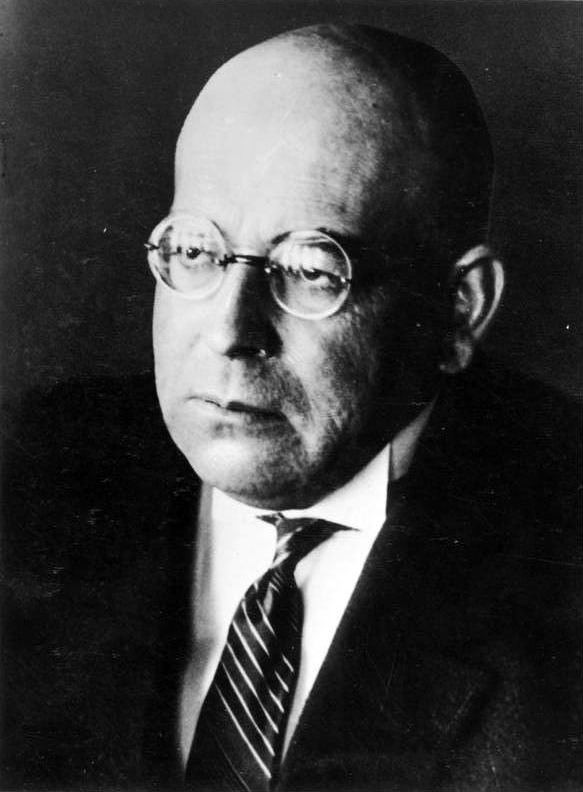Oswald Spengler’s 1918 book The Decline of the West is one of the most influential works of philosophy and history. In it, Spengler argues that all civilizations go through a four-stage life cycle:
- Spring (cultural creativity)
- Summer (political expansion)
- Autumn (materialism and decline)
- Winter (Caesarism and collapse)
He also argues that Western civilization is now in its autumnal phase and headed for inevitable decline and collapse. His book is celebrated for its originality, insights into civilization, and evocative prose, and criticized for various reasons.
One of the most common criticisms of Spengler’s book is that it is deterministic and pessimistic. Spengler argues that the decline of Western civilization is inevitable and that nothing can stop it. This perspective has received criticism from scholars who say that it oversimplifies the complex role of human agency in shaping one’s destiny. It also ignores Chaos.
Some people who disagree with Spengler’s determinism argue that civilizations are not constrained by a preordained cycle. They believe societies can break free from such a cycle and choose their path. They point out that civilizations have risen and fallen throughout history, and none have followed a strict four-stage life cycle. Additionally, they argue that Spengler ignores the agency of human beings to shape their destiny. They point out that civilizations can make choices that can affect their future and are not doomed to decline.
Another criticism of Spengler’s book is that it is Eurocentric. Spengler concentrates primarily on Western civilization and gives little consideration to other societies worldwide. He argues that Western civilization is superior and that all others will decline and disappear. Many scholars are critical of the view that the world is ethnocentric and ignores rich and diverse cultures.
In addition to these general criticisms, Spengler’s book is criticized for specific arguments. For example, Spengler argues that Western civilization is declining because of a loss of creativity and a rise in materialism. However, many scholars have argued that Western civilization is still producing great art and literature and that it is still making significant scientific and technological advances.
Critics have pointed out that Spengler’s book suffers from methodological flaws.
For example, Spengler relies heavily on intuition and speculation rather than empirical evidence. He also makes many factual errors in his book.
Despite its many criticisms, Spengler’s book remains an important and influential work of thought. It has been widely read and discussed by scholars and policymakers alike. While Spengler’s predictions about the decline of Western civilization have not come to pass, his book has raised important questions about the nature of society and the possibility of decline.
Here are some specific criticisms of Spengler’s book:
Spengler’s theory of civilization is deterministic and pessimistic.
Spengler argues that all societies go through a four-stage life cycle and that the decline of Western civilization is inevitable. However, many scholars say this view is too simplistic and ignores human beings’ agency to shape their destiny.
In addition to the criticisms above, it is also worth noting that Spengler’s book was published in 1918, in the immediate aftermath of World War I. 1918 was a time of great upheaval and uncertainty in the world, and Spengler’s book reflected this. Many people shared his pessimistic view of the future at the time. Still, it is essential to remember that it was written in a specific historical context.
Overall, Spengler’s book is a complex and thought-provoking work. It is essential to be aware of its limitations and biases. Still, it is also important to appreciate its insights into the nature of civilization and the possibility of decline—more on Spengler in a future post.





